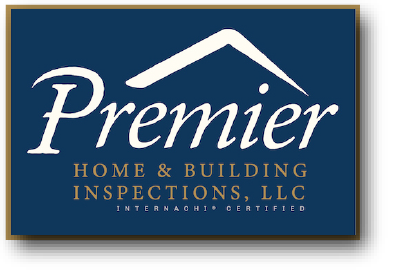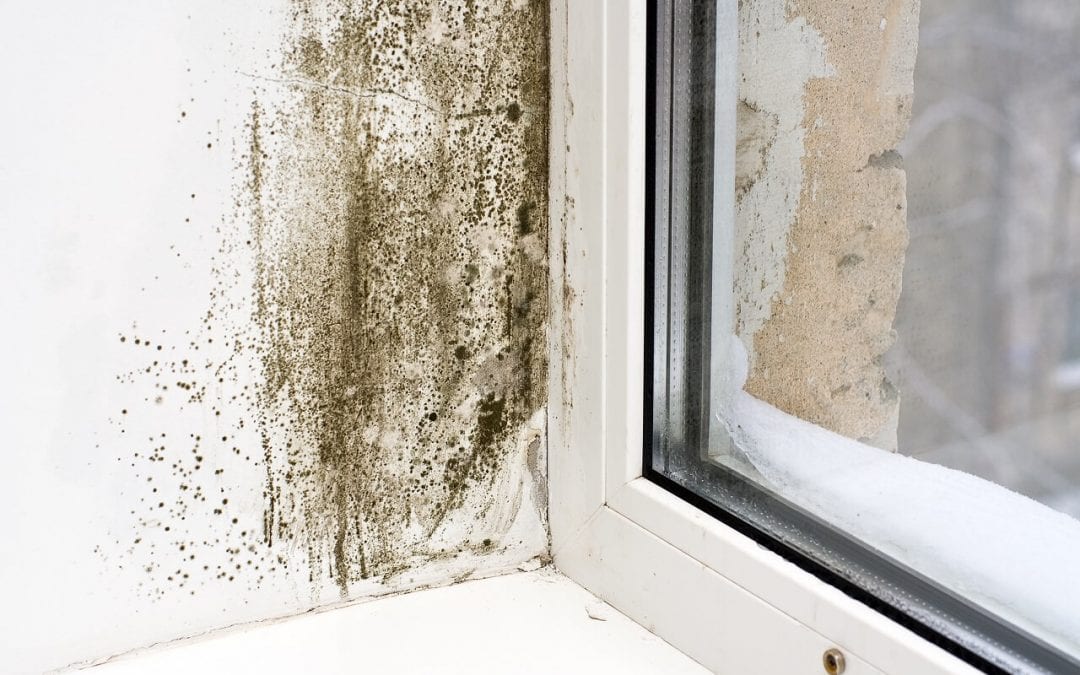You may think that mold is only a problem after flooding, but mold can grow on almost any surface with only a bit of moisture. The following tips will help you prevent mold in the home and avoid costly repairs to walls, floors, and woodwork.
You might have mold in your home and not know about it. Mold can be hidden beneath sinks, in carpet padding, or even behind walls. Your climate and the conditions inside your home determine whether mold will grow. Humid climates often cause higher indoor humidity levels that encourage mold growth.
Tips to Prevent Mold in the Home
Ventilate Your Clothes Dryer
Make sure your clothes dryer vents to the outside of the house. The heat from your dryer contributes to moisture in the air which creates an ideal environment for mold to grow.
Keep Humidity to a Minimum to Prevent Mold in the Home
Moisture gauges are available at the hardware store to monitor levels of humidity in your home. Indoor humidity should not be above 60%. If your levels are higher, use dehumidifiers in areas of the house that struggle with high humidity. Bathrooms, the laundry room, and basements are locations where dehumidifiers can be especially helpful.
Make Use of Exhaust Fans
Turn on exhaust fans when you are cooking to vent moisture from boiling water. Exhaust fans and vents carry moisture outside and away from the home. For rooms without exhaust fans, open a window and run a box fan to help dry the air.
Warm, damp conditions in the bathroom can cause mold growth. Turn on the exhaust fan to lower humidity and help discourage mold growth in the bathroom after showering or bathing.
Dry Clothes Outside to Prevent Mold in the Home
If you don’t have an electric clothes dryer, you may hang your clothes up inside to dry. This is not a good idea because the moisture from wet clothes evaporates into the air and causes higher indoor humidity. Instead, place clothes drying racks outside on a patio or deck.
Check Periodically for Leaks
Another common household problem that contributes to mold in the home is leaky pipes. A leak can cause damage to woodwork, walls, and floors. Even tiny drips can ruin floorboards, saturate an area, and encourage mold to grow.
Hire a Professional to Perform a Mold Inspection
Professional mold inspections should be performed annually to make sure your home is free of mold. If you are thinking of buying a new home, have it inspected before closing. Mold can grow on chimneys, underneath sinks, on roofing, window sills, inside washing machines, and in basements and attics. A trained professional can spot problems before they become troublesome and costly.
Premier Home & Building Inspections offers home inspection services, including air quality testing that can determine if you have mold in your home. Click here to request an appointment for your home in Eastern Connecticut, Massachusetts, or Rhode Island.

